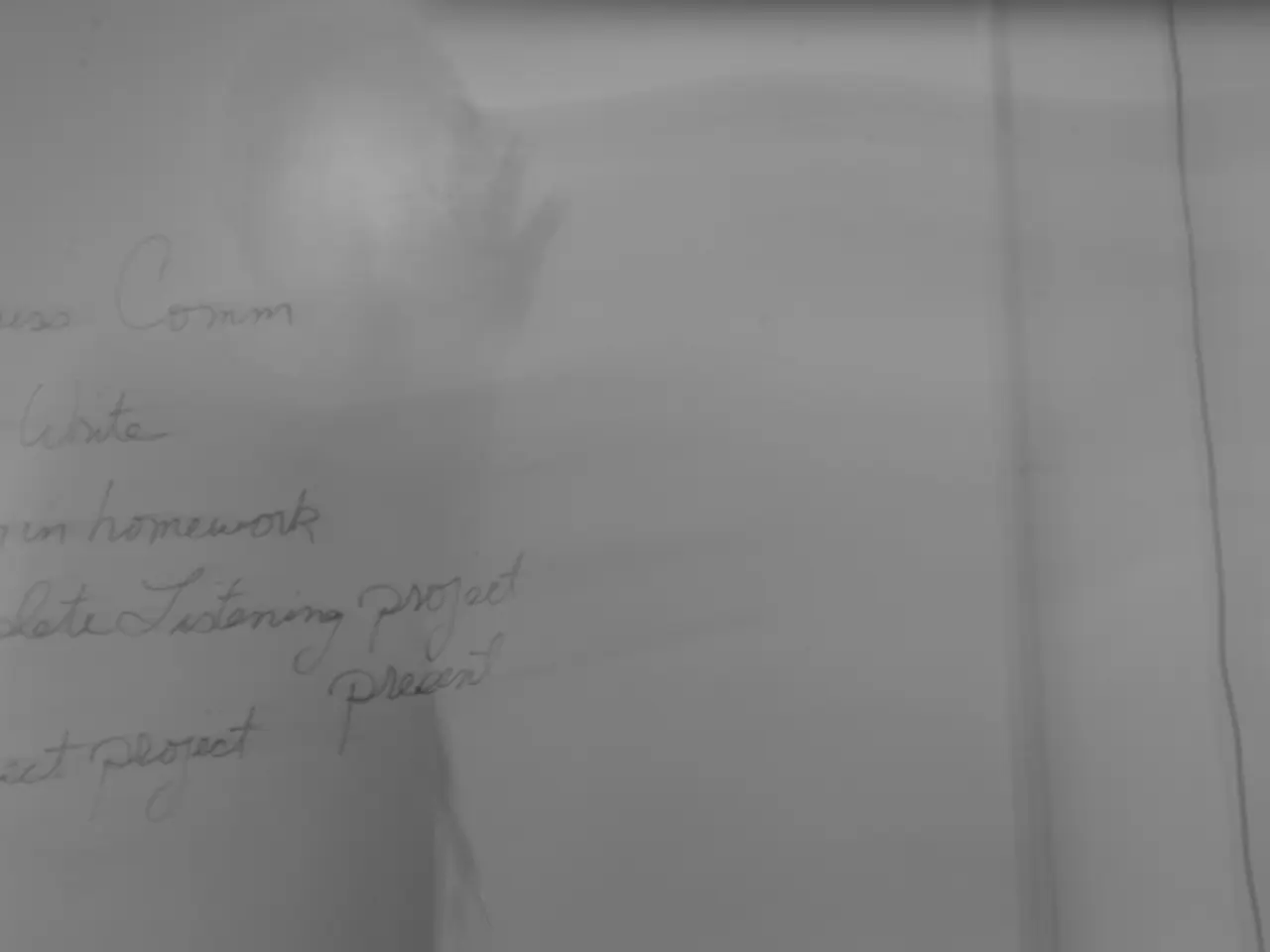Customs policy manipulation perceived as Trump's power grasp strategy
The tariffs implemented under President Donald Trump's trade policy are causing a stir among US companies, with General Motors estimating that higher tariffs will cost them a significant $5 billion this year alone. This concern is not isolated, as the total amount of tariffs is projected to reach a staggering $3.9 trillion over the next decade, equating to nearly one percent of the US GDP.
The legality of the president's ability to raise taxes without a Congressional resolution has not yet been determined. As of November, no courts have begun reviewing the issue, and the Supreme Court will eventually decide whether Trump can impose a tax without congressional authorization.
The US Congress has so far refrained from defending its own legislative powers against the White House, which imposed the tariff increases without congressional approval in April. This decision was met with a failed Senate vote to block Trump's trade policy.
The Supreme Court's decision could have far-reaching implications, potentially leading to a fundamental realignment of the separation of powers in the US political system. If the court were to give the green light to the legitimacy of Donald Trump's trade policy, it could result in a significantly strengthened executive, potentially able to override any other institution in a conflict situation.
Many US companies are reliant on foreign machinery, with factories often showing machines from Europe or Asia. The increased tariffs under Donald Trump's trade policy are estimated to be the largest tax increase for the US economy since the 1950s, according to the Wall Street Journal.
The inventory of goods from before Donald Trump's trade policy is running out, and traders often find themselves in a quandary, unsure at what conditions they should order or price their goods. Economists argue that globalization cannot be undone in one round of tariff increases, no matter how radical.
The anti-tax lobby in the US, including think tanks like the Liberty Justice Center, the Federalist Society, and the Chambers of Commerce, are mobilizing against the trade policy. Liberal and conservative lawyers, along with liberals, have warned in an open letter that supporting the court for a "taxation by proclamation" of the president would be a constitutional breach.
The hearing in the case brought by twelve states against Donald Trump's trade policy will begin in early November. The arrest of 300 South Korean training staff of Hyundai in Georgia by the US immigration authorities has also received media attention, adding to the ongoing debate surrounding Donald Trump's trade policy.
In a world where the president could potentially have unprecedented power not only over heads of state and CEOs around the world but also over the wallets of their own citizens, the future of US trade policy remains a topic of intense discussion and debate.
Read also:
- Catastrophe at a U.S. Steel facility in Pennsylvania results in the loss of two lives. crucial details unveiled
- Manipulating Sympathy: Exploiting Victimhood for Personal Gain
- Auto Industry Updates: Geotab, C2A, Deloitte, NOVOSENSE, Soracom, and Panasonic in Focus
- Exploring Money-Making Opportunities in Digital Gaming Worlds




